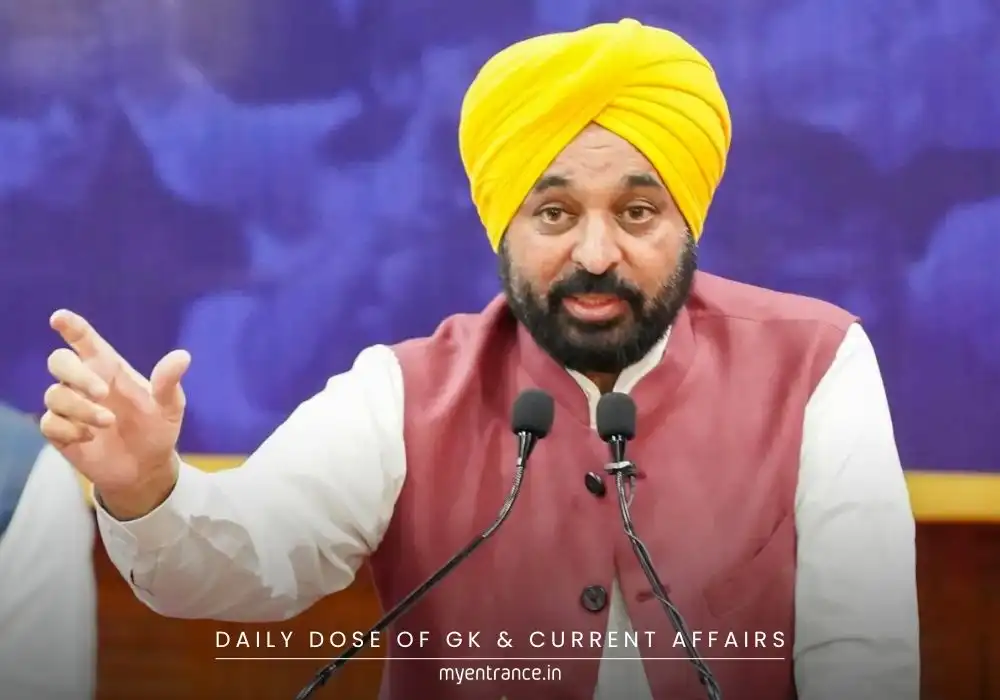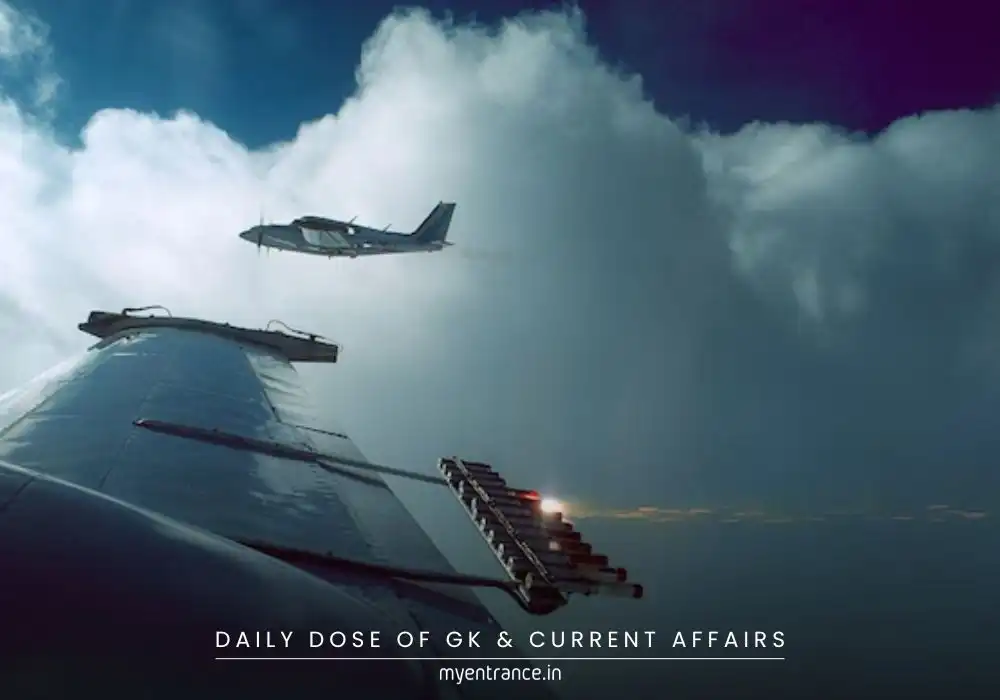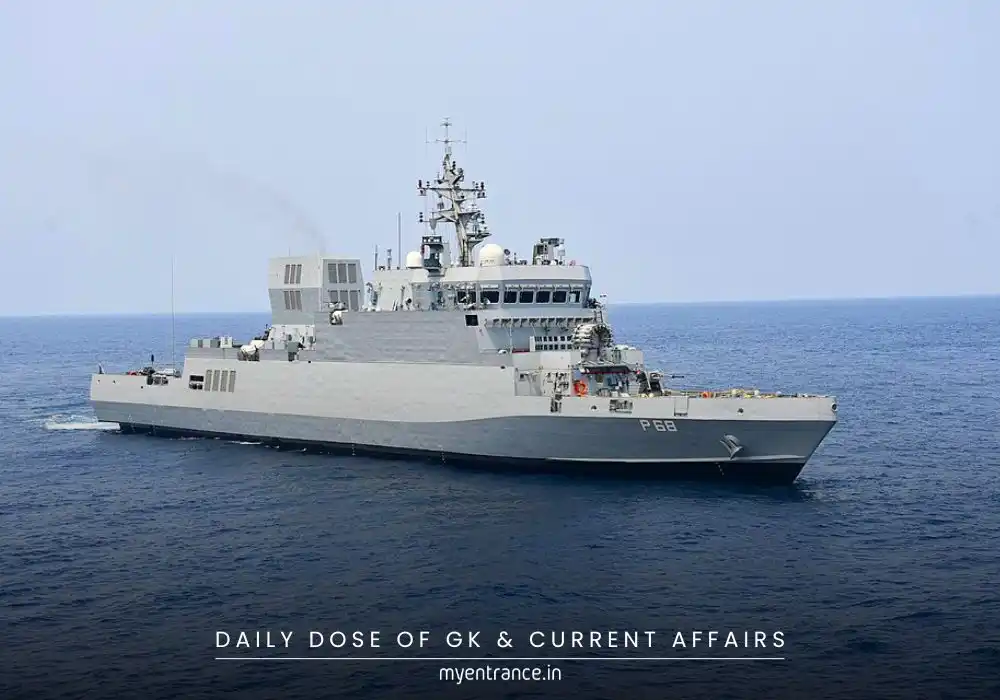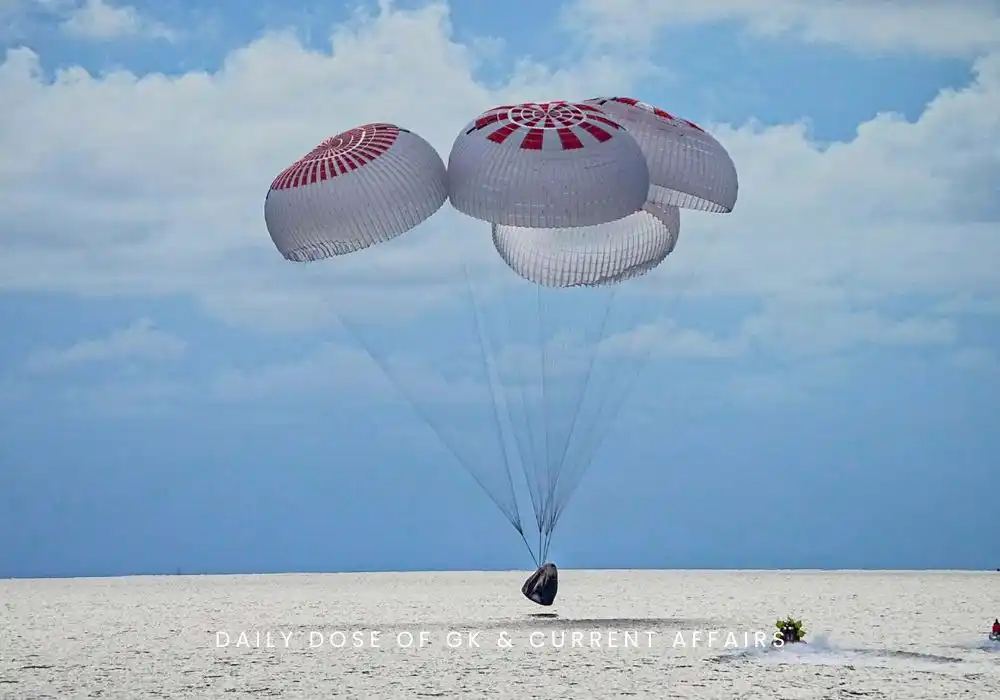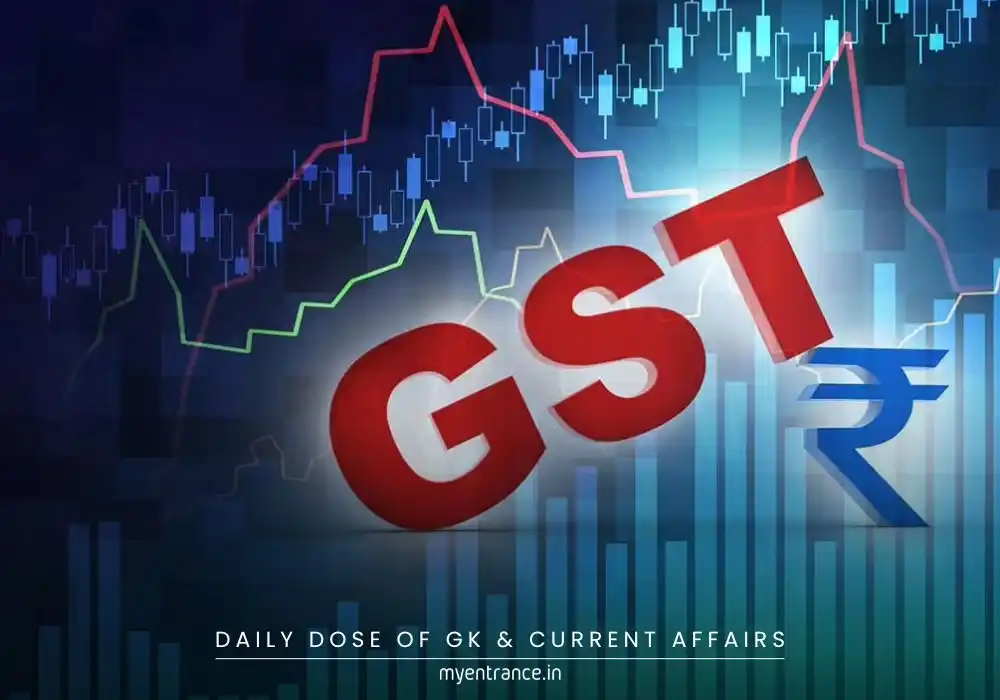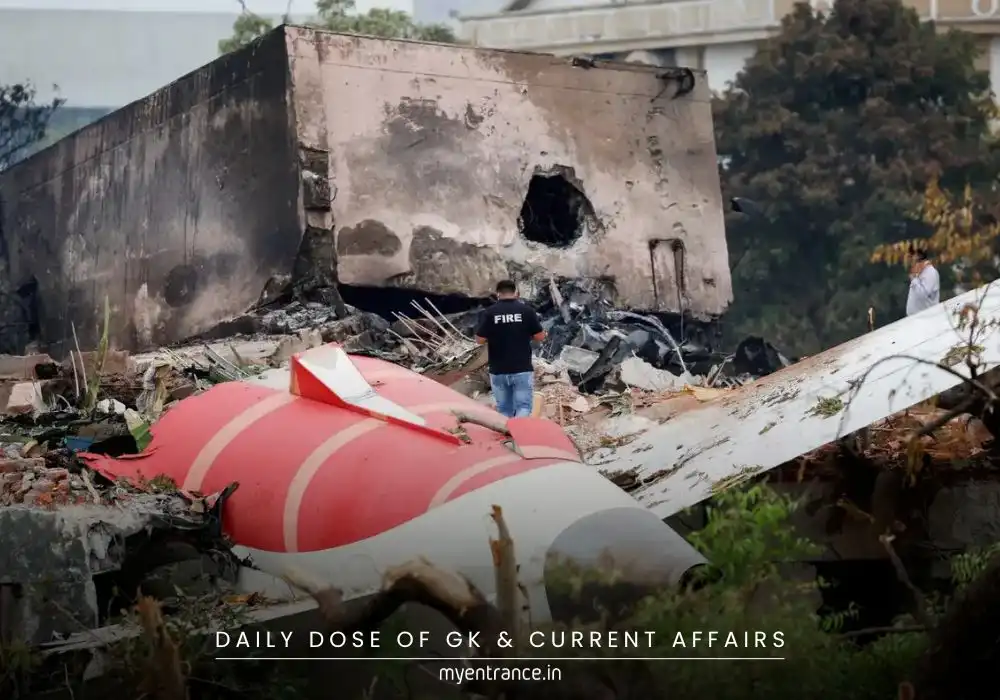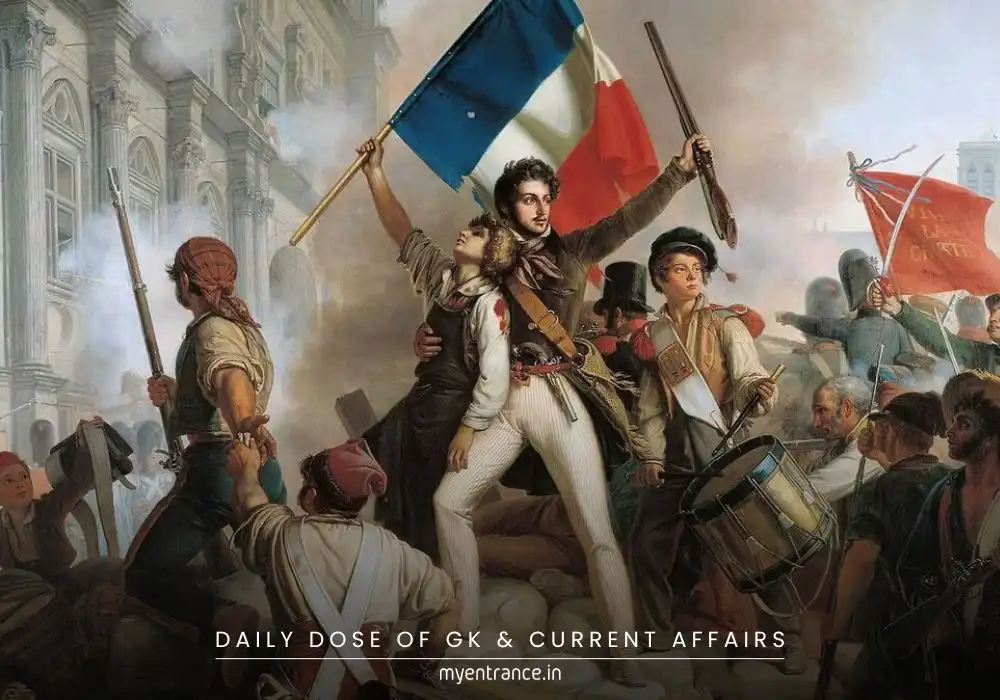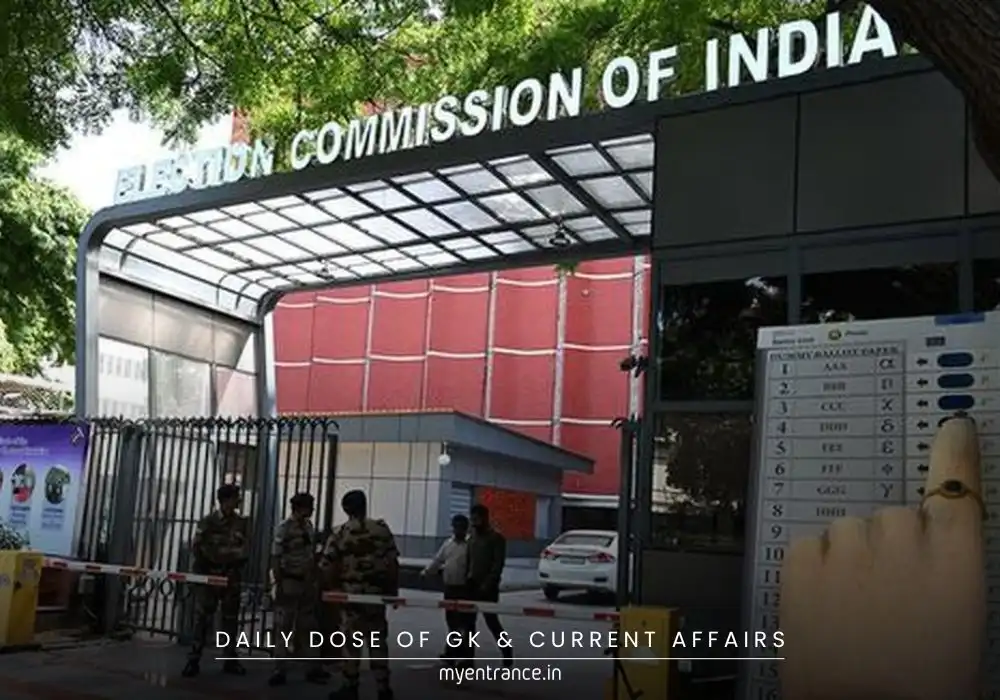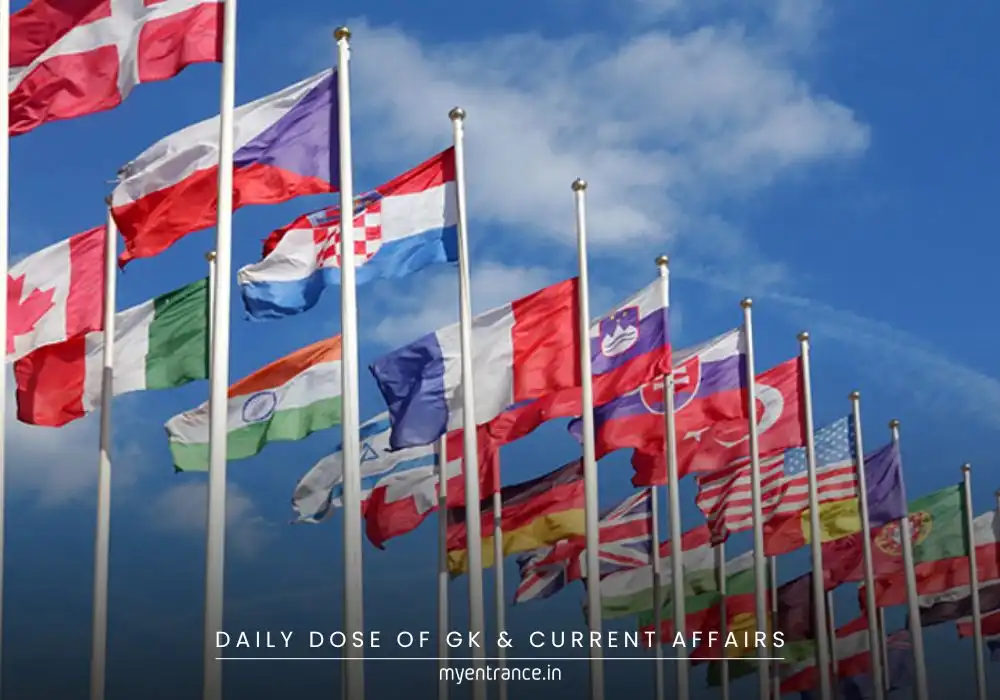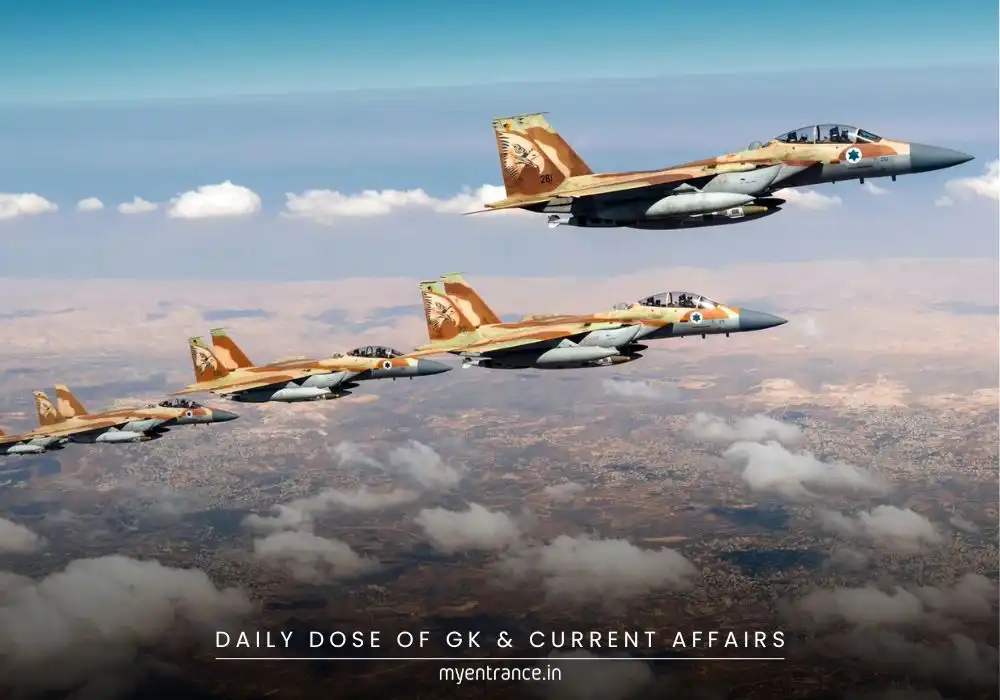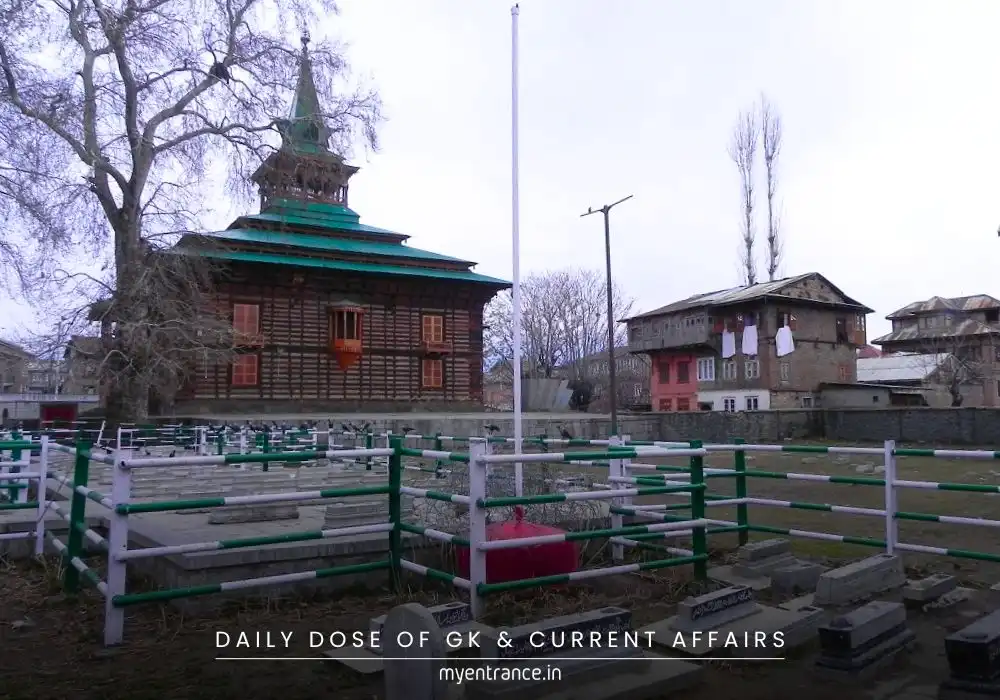Translate Language
Indus Waters Treaty at Risk: What Does It Mean for India and Pakistan?
The Indus Waters Treaty, signed in 1960, has long been a rare example of cooperation between India and Pakistan. However, recent developments—including a Hague tribunal’s ruling—have reignited debates over its future. As tensions rise, the treaty’s survival now hinges on trust, geopolitics, and terrorism.
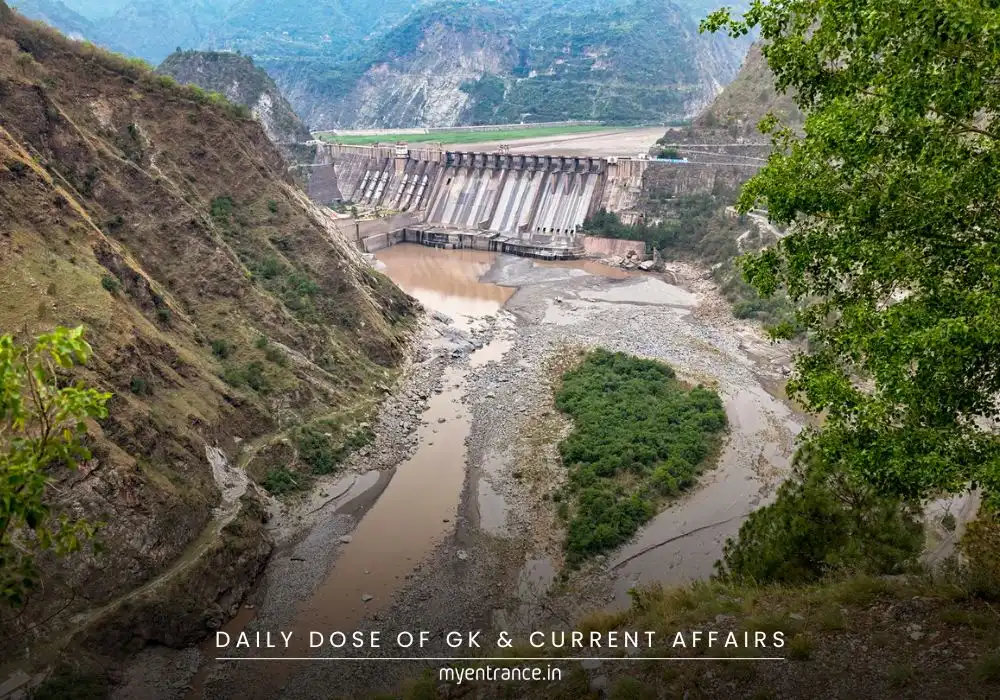
Indus Waters Treaty: A Fragile Pact Under Strain
For over six decades, the Indus Waters Treaty has survived wars and political clashes. But cross-border terrorism and legal disputes are testing its limits.
Key Developments:
Recent Hague Ruling (June 27): The Court of Arbitration rejected India’s suspension of the treaty, asserting its jurisdiction despite India’s boycott.
India’s Stand: New Delhi called the tribunal “illegal” and insists the treaty remains “in abeyance” until Pakistan stops supporting terrorism.
Pakistan’s Argument: Islamabad claims India cannot unilaterally suspend the treaty and seeks legal resolution for water disputes.
Why Is the Treaty Struggling Now?
Terrorism vs. Trust: India argues that cooperation is impossible while Pakistan-backed terror persists.
Legal vs. Political Battle: The treaty includes a dispute resolution mechanism, but India now questions its fairness.
Geopolitical Tensions: Unlike past wars, today’s asymmetric warfare (terror attacks) makes water-sharing more contentious.
Sample Questions & Answers for Competitive Exams
Q: What was the key outcome of the June 27 Hague ruling on the Indus Waters Treaty?
A: The Court of Arbitration rejected India’s suspension of the treaty and upheld its jurisdiction.
Q: Why has India put the treaty “in abeyance”?
A: India links continued cooperation to Pakistan ending cross-border terrorism.
Q: What role does the World Bank play in the Indus Waters Treaty?
A: It acts as a guarantor and mediator in disputes under the treaty.
Q: How does the treaty’s dispute resolution mechanism work?
A: It has three levels: Indus Commissioners → Neutral Expert → Court of Arbitration.
Q: Which rivers are allocated to India under the treaty?
A: India has full rights over the eastern rivers (Ravi, Beas, Sutlej) and limited use of the western rivers (Indus, Jhelum, Chenab).
Why Is This Important for Exams?
UPSC/SSC/PSC: Covers India-Pakistan relations, international treaties, and dispute resolution.
Current Affairs: Recent Hague ruling makes it a hot topic for prelims and mains.
Geopolitical Angle: Highlights how non-traditional threats (terrorism) impact long-standing agreements.
Get 3 Months Free Access for SSC, PSC, NIFT & NID
Boost your exam prep!
Use offer code WELCOME28 to get 3 months free subscription. Start preparing today!
